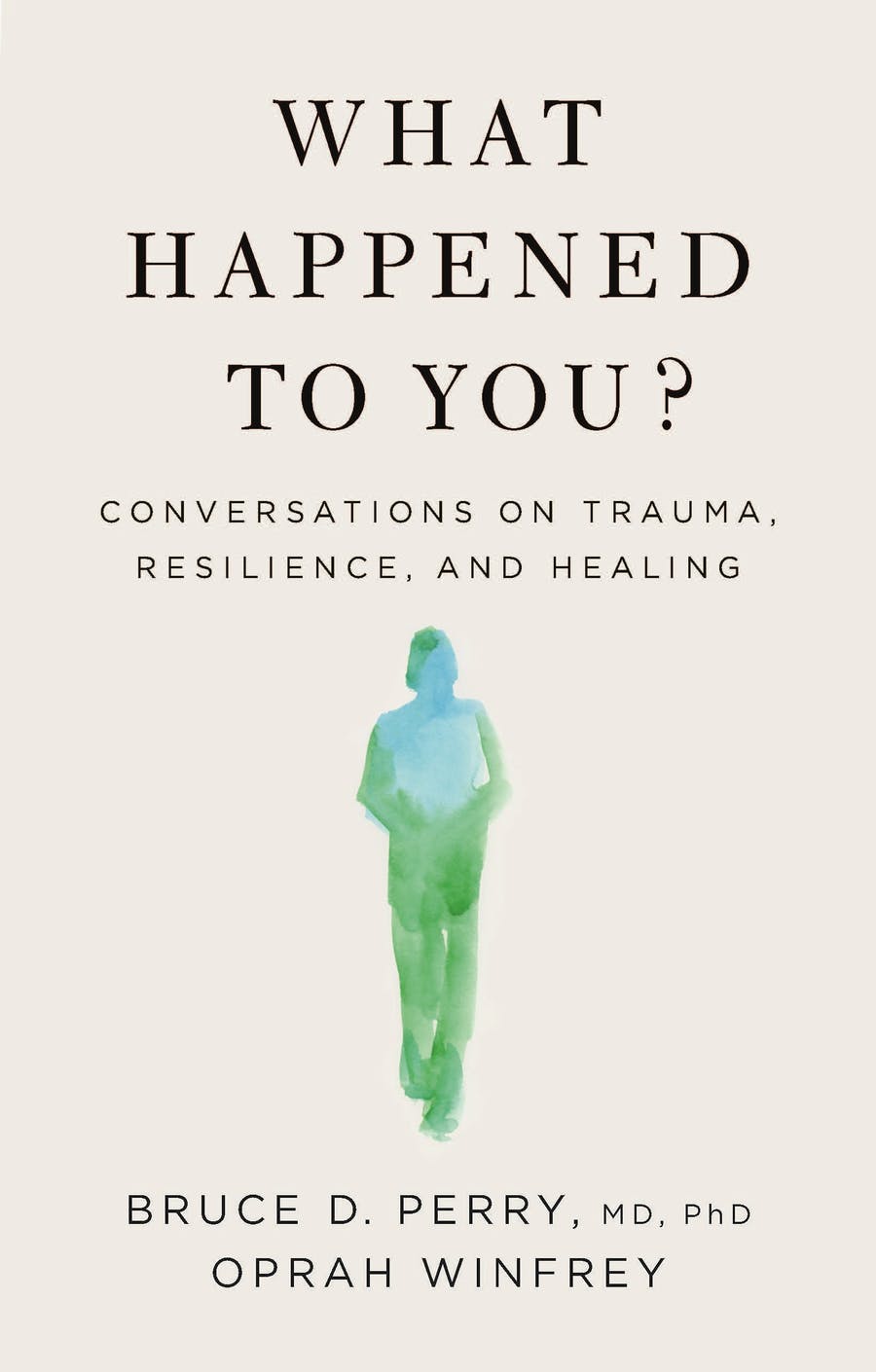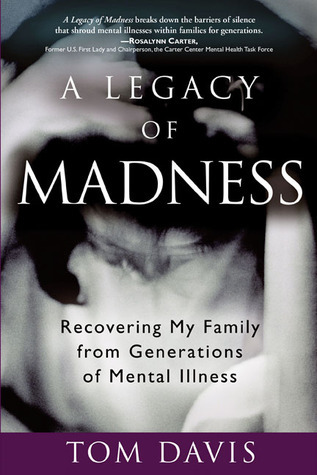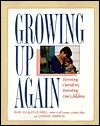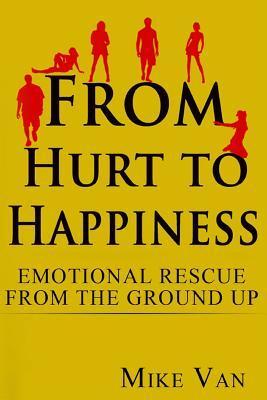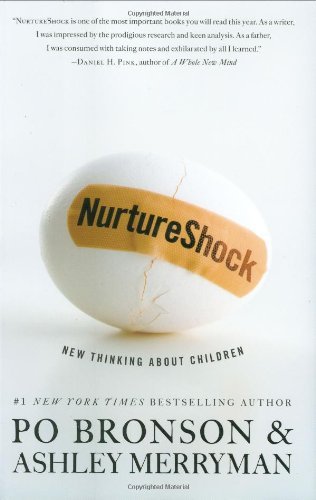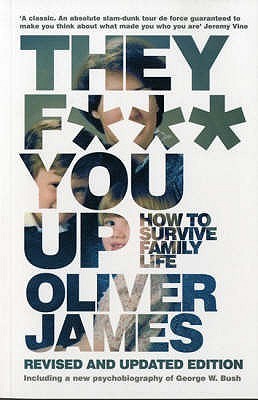
They F*** You Up: How to Survive Family Life
Book Description
Family. Love. Chaos. 'They F*** You Up' delves into the raw, unfiltered truth of family dynamics, exposing the powerful influence of childhood experiences on adult lives. Oliver James dives deep into the neuroses we inherit, unraveling the tangled threads of emotional scars and dysfunctional relationships. With a blend of scientific insights and personal anecdotes, it reveals how to navigate the treacherous waters of familial bonds. As generational patterns unfold, the stark reality hits: can happiness ever emerge from the shadows of our upbringing? As the past collides with the present, how can one break free from the cycle?
Quick Book Summary
They F*** You Up by Oliver James is a provocative exploration of how our family environments shape our psychological lives. Drawing from psychology, science, and candid anecdotes, James exposes the pervasive impact that childhood experiences and family dynamics have on adult behavior, emotional patterns, and mental health. He argues that while genetic inheritance plays a part, it is our early environments that predominantly mold us—often in complicated, painful, or dysfunctional ways. The book not only unpacks the origins of the neuroses and anxieties many adults carry but also offers strategies for breaking destructive cycles and fostering healthier relationships. With practical insights and compassion, James empowers readers to recognize harmful inherited patterns and chart a path to personal growth and happier, more autonomous lives.
Summary of Key Ideas
Table of Contents
Impact of Early Childhood Experiences
Oliver James begins by illuminating how early childhood experiences—especially the ways parents nurture, discipline, or neglect—leave indelible marks on our emotional lives. These early interactions shape our worldviews, self-esteem, coping mechanisms, and relational patterns. The book combines scientific research from developmental psychology with personal stories to underscore how profoundly these formative years impact who we become as adults.
Family Patterns and Emotional Inheritance
Moving deeper, James examines how dysfunctional patterns and emotional wounds are transmitted across generations. Families, he argues, often unwittingly pass on anxieties, neuroses, and maladaptive relationship strategies. By mapping the ways in which emotional inheritance operates, he shows how parents' unresolved issues frequently resurface in their children, making self-awareness and reflection crucial to breaking these cycles.
Limits of Genetics vs. Environmental Influence
A key argument James makes is that while genetics contribute to personality and temperament, environmental factors—particularly the quality of early attachments and family relationships—are far more significant. Drawing on studies of twins and adoption, he demonstrates that nurture typically outweighs nature in predicting emotional wellbeing and psychological adjustment, challenging the common tendency to blame personal failings on immutable genetics.
Breaking the Cycle of Dysfunction
James then explores pathways to recognizing and disrupting family dysfunction. He urges readers to scrutinize their own histories and emotional patterns, using tools like therapy, open communication, and introspection. By becoming aware of inherited scripts and learned behaviors, individuals can begin to make more conscious choices, thereby halting the automatic replication of unhealthy family dynamics.
Pathways to Healing and Autonomy
Finally, James discusses how healing from family-derived wounds leads to greater autonomy and happiness. While escaping the legacy of a dysfunctional upbringing is challenging, he provides hope through stories of change and practical advice. Developing emotional intelligence, fostering supportive relationships, and pursuing self-understanding are shown as crucial steps toward recovery, allowing adults to thrive on their own terms rather than remaining defined by the past.
Download This Summary
Get a free PDF of this summary instantly — no email required.
